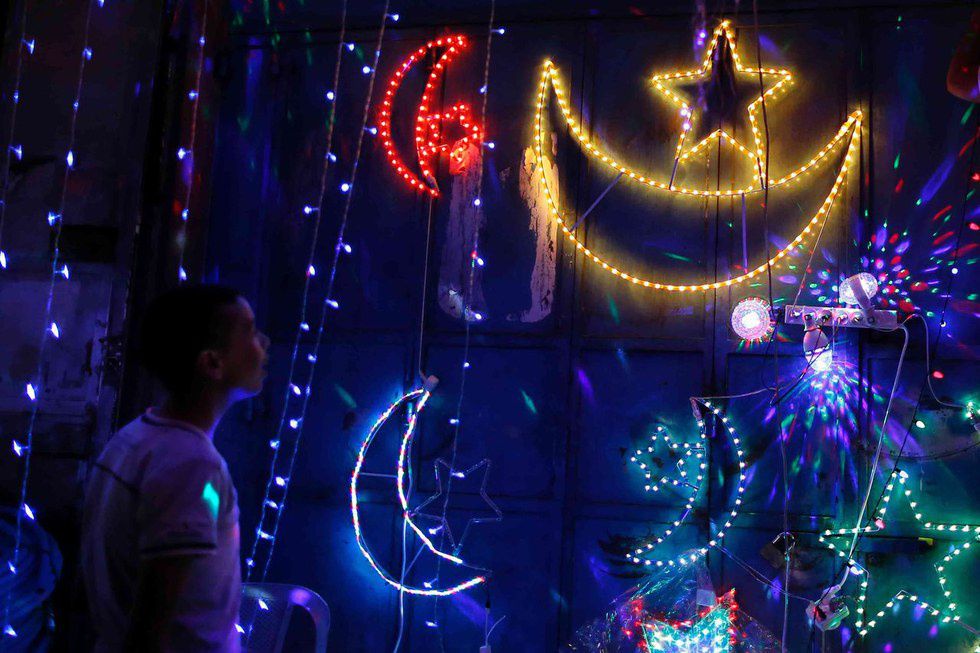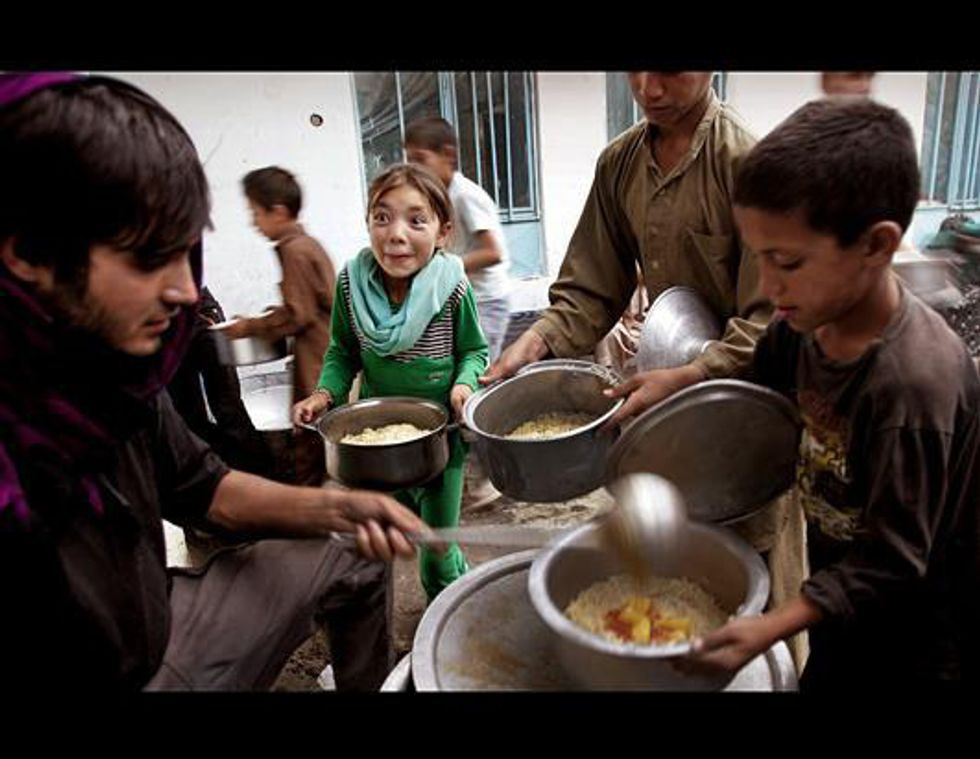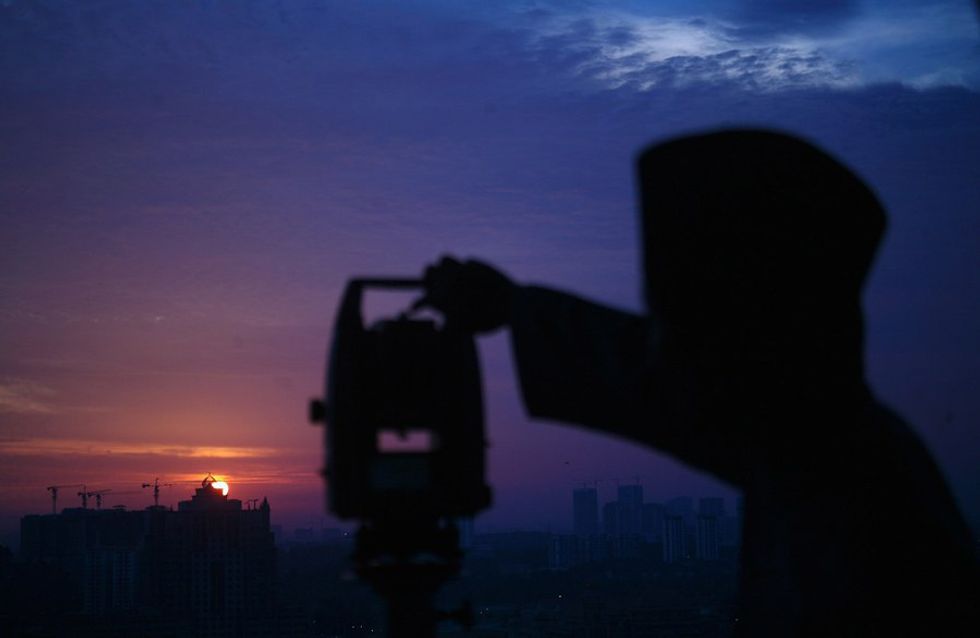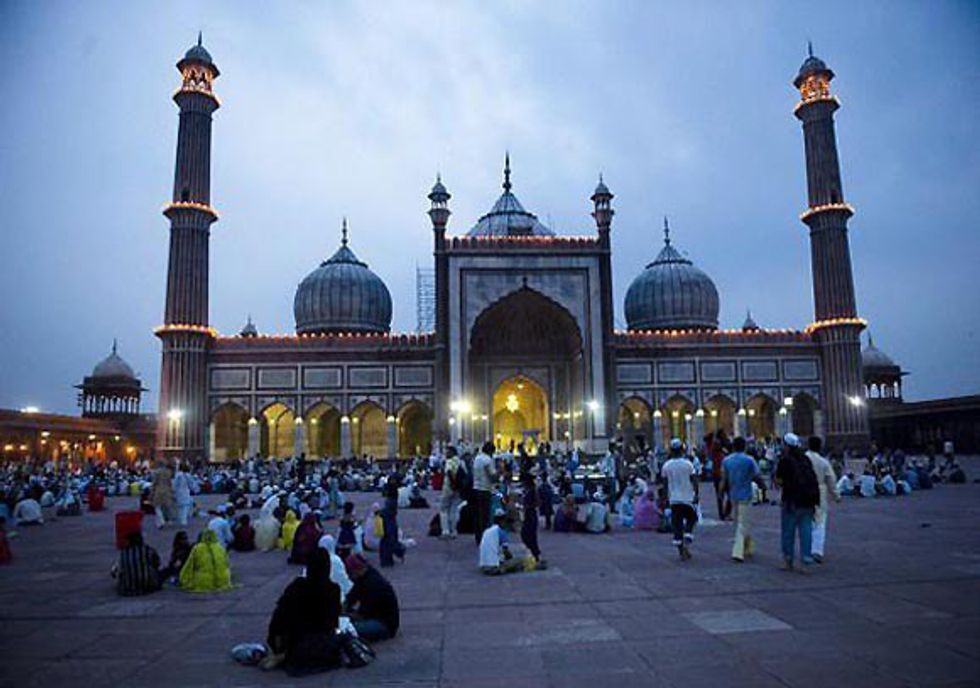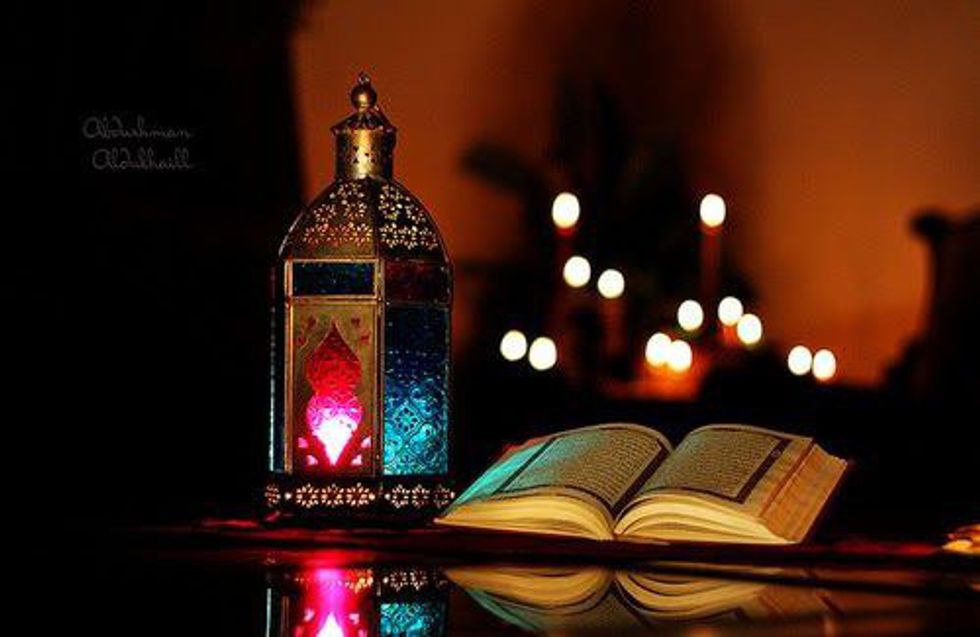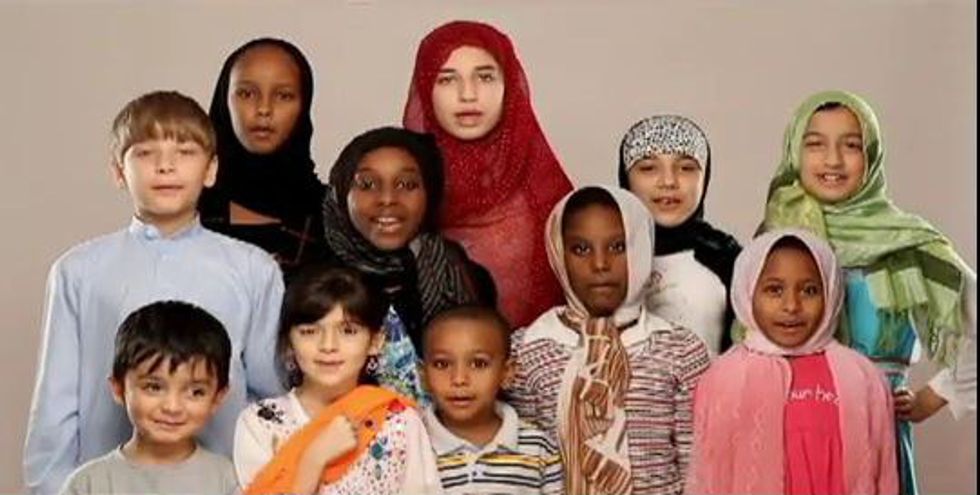Ramadan is the time of the year when Muslims come together to celebrate their faith and become the best and most devout versions of themselves. Here are six things to know about Ramadan and those who celebrate it.
1. What is Ramadan about and how does it occur?
Ramadan occurs once a year on the occasion in which, according to the Muslim lunar calendar, the Koran, the Holy book for Muslims, was revealed. Islam is a monotheistic, Abrahamic religion. The Prophet Muhammad (peace be upon him) was ordered by the angel Gabriel to speak and transcribe the words of God himself, according to Muslims. During this month, the doors of hell are closed and the devil himself is said to be put in chains. It is an incredibly holy month. Muslims commemorate this month by being the most devout versions of themselves that they can possibly be, by fasting for roughly 30 days, reading as much Koran as they possibly can, participating in regular prayers and Taraweeh prayers (a Sunni Muslim tradition) and giving charity. Many Muslims fast in order to understand poverty but also to let go of worldly belongings and to reconnect with God and their faith.
2. What do people do and refrain from during Ramadan?
During this month, Muslims let go of most of their worldly possessions and forget materialistic things besides what is deemed necessary for them. Muslims are required to fast, meaning that they do not eat, drink, smoke or intake anything from the early morning/sunrise to sundown. Depending on the length of day, Muslims can be expected to fast for 16 to even 22 hours (as is expected in countries such as Iceland). Some Muslims refrain from listening to instrumental man-made string music and also refrain from engaging in any sexual activities until they are allowed to break their fasts for each particular day. Muslims are highly discouraged from participating in any sinful activity. Rather, they engage in reciting prayers, reading Koran, listening to Hadith (prophetic stories) and giving charity. Some people choose to participate in soup kitchens or even give money to the less fortunate.
3. What are the beauties of Ramadan?
There are many rewards for participating in Ramadan and giving charity. Ramadan is obligatory but also rewarding for many who strive for excellence during this holiday period. During the month of Ramadan the doors of heaven are open while the doors of hell are closed, so any good deed is highly rewarded.
4. What are the special festivities associated with Ramadan?
Ramadan is known as the "month of Light" or "the month of enlightenment." According to this name, Muslims tend to light candles or decorate areas with light to celebrate the characteristic of this month. There is "Iftar" time when people are invited over one another's homes to break their fasts. There is also "Sehri" time, which is the time in which people eat before the pre-sunrise Fajr prayer in order to prepare themselves for the coming day of fasting. At the end of Ramadan, there is a huge celebration known as "Eid-ul-Fitr" when Muslims come together as a community to pray in a mosque and give gifts to their loved ones along with charity.
5. What are the exceptions to fasting?
Female bodied individuals who are on their period are exempt from fasting due to the struggles that the body will encounter from fasting. This also goes for people who have major blood loss. Young children who do not understand the concept of fasting are exempt. Those who have eating disorders such as bulimia, anemia, anorexia, or even binge eating disorder may be exempt from fasting depending on the severity of their disorder. Those who do not have enough food to eat on a daily basis may also be exempt from fasting due to the harshness of their circumstance. Females who are pregnant also do not have to fast. People who have serious mental illness or physical illnesses for which they may need therapy or medications may also be exempt from fasting. Regardless of these exemptions, Muslims may be expected to make up fasting during a period in which they are healthier. During Ramadan, for each day that an individual cannot fast, they are expected to feed one person as a form of charity and gratitude.
6. Who celebrates Ramadan?
There are 1.6 billion Muslims in the world and Islam is the second largest religion in the world. In the United States, there is no majority race for Muslims. African Americans account for 27 percent of American Muslims and Latinos/Hispanics are the fastest growing ethnic group to convert to Islam. There are white Muslims, Native American Muslims, Arab Muslims, South Asian Muslims, East Asian Muslims, mixed Muslims, Bedouin Muslims, Black Muslims and many more. Indonesia actually has the highest Muslim population in the world! There are LGBTQ+ muslims and gender non-conforming Muslims. There are different sects of Islam, and within each sect Ramadan is obligatory. There are Muslims from both low and high socioeconomic background, and there are Muslims in all the major continents in the world.




